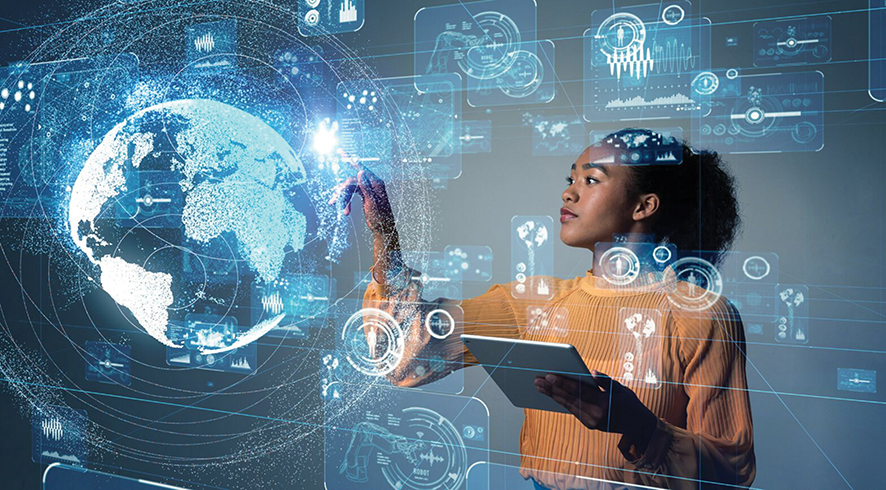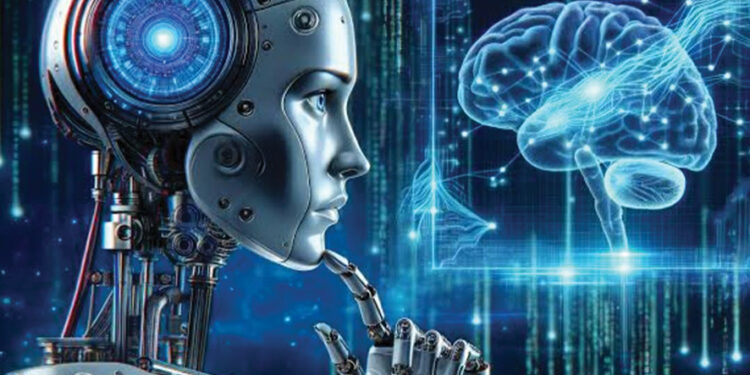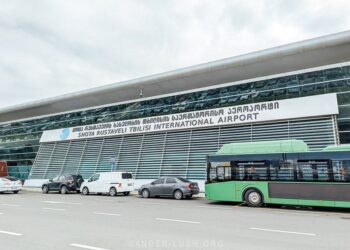Nobody knows the problem with AI better than the international scientific community. They are the only body in the whole world that could best handle the advent of robotic creatures on our Mother Earth—like the ones we’ve often seen for fun on big movie screens. That’s probably why they have to unite their efforts to preempt the threat of the annihilation of humankind by Artificial Intelligence, seen in the scary, weird image of millions of robots either swarming over our poor human heads or emerging right from under our feet.
The rapid development of AI could eventually lead to technology surpassing human intelligence, potentially leading to AI taking control
To compound the dilemma, the future robotic species might have a more developed sense of self-preservation than today’s regular humans, encouraging them to overwhelm us big time. And it’s not me who is trying to perpetuate this seemingly trivial thought about our future, but Geoffrey Hinton himself—the British-Canadian computer ace, a formidable scientist and cognitive psychologist, and recipient of the 2024 Nobel Prize in Physics for his pioneering work in Artificial Intelligence. Known for his work on artificial neural networks, which earned him the title ‘the Godfather of AI,’ he is warning that the rapid development of AI could eventually lead to technology surpassing human intelligence, potentially leading to AI taking control.
At 77, Hinton said he is kind of glad that he may not live long enough to witness this outcome, comparing AI’s development to raising a tiger cub: “It’s just such a cute tiger cub. Now, unless you can be very sure that it’s not going to want to kill you when it’s grown up, you should worry.”
The biggest world powers, continues the scientist, should immediately embark on making a strong mutual effort to learn how to continue teaching the AI (it is already extremely smart, though) to keep it from desiring to rule our world—and finally, to destroy mankind. He insists we should eliminate the extant gap between making robots smart and building them kind. He says we will not be able to disconnect them in case of need, and they will be able to easily manipulate people who are using them. Hence, we will turn into infants in their hands, and they will behave like grownups.

Having that serious influence on humans, the robots will have enough capability to persuade those who should disconnect them not to do so. Scary, isn’t it? Concerning the baby tiger case, we could easily get rid of it, provided we wanted to—but in the case of AI, we will definitely be deprived of that kind of opportunity.
The gist of the matter is that robots will be unimaginably useful to us in many realms of life, including the medical field, education, climate change, and enhancement of the general productivity of labor. Artificial Intelligence is making progress in strides, and many prominent scientists of the world are urging in black-and-white to step on the brakes in its rapid development, introducing without any delay stronger regulations. The fears are becoming overwhelming that modern technology in general represents serious risks for humanity.
Artificial Intelligence is making progress in strides, and many prominent scientists of the world are urging in black-and-white to step on the brakes in its rapid development, introducing without any delay stronger regulations
On the other hand, an interesting question arises—how, in particular, could Artificial Intelligence destroy us? The world scientific community suggests that there are certain arguments that could render the perilous presumption tangible. For instance:
- If humans become the less intelligent species, the chance of their obliteration will indeed materialize;
- The evils and tribulations caused by AI are already real and present, and might very well be conducive to disaster;
- AI might indeed want to see us humans dead—but to make it a lighter responsibility for itself, it will call it a side effect;
- Robots will definitely wish to drive us humans out of business, and for this, they will possess numerous sophisticated levers;
- One of the worst scenarios to imagine might be that some of us would desire to ruin the world.
Incidentally, in our beloved Sakartvelo, where the Tamada-led get-togethers are still commonplace, a Tamada-Robot might someday do a much better job at a festive table than any recognized eloquent speaker in this exotic role.
Contemplating all those predictions, a momentary thought might trigger a devastating shudder—but who cares. Things are as they are, and nobody can stop the advancement of the vicious prevailing process.
OP-ED by Nugzar B. Ruhadze














